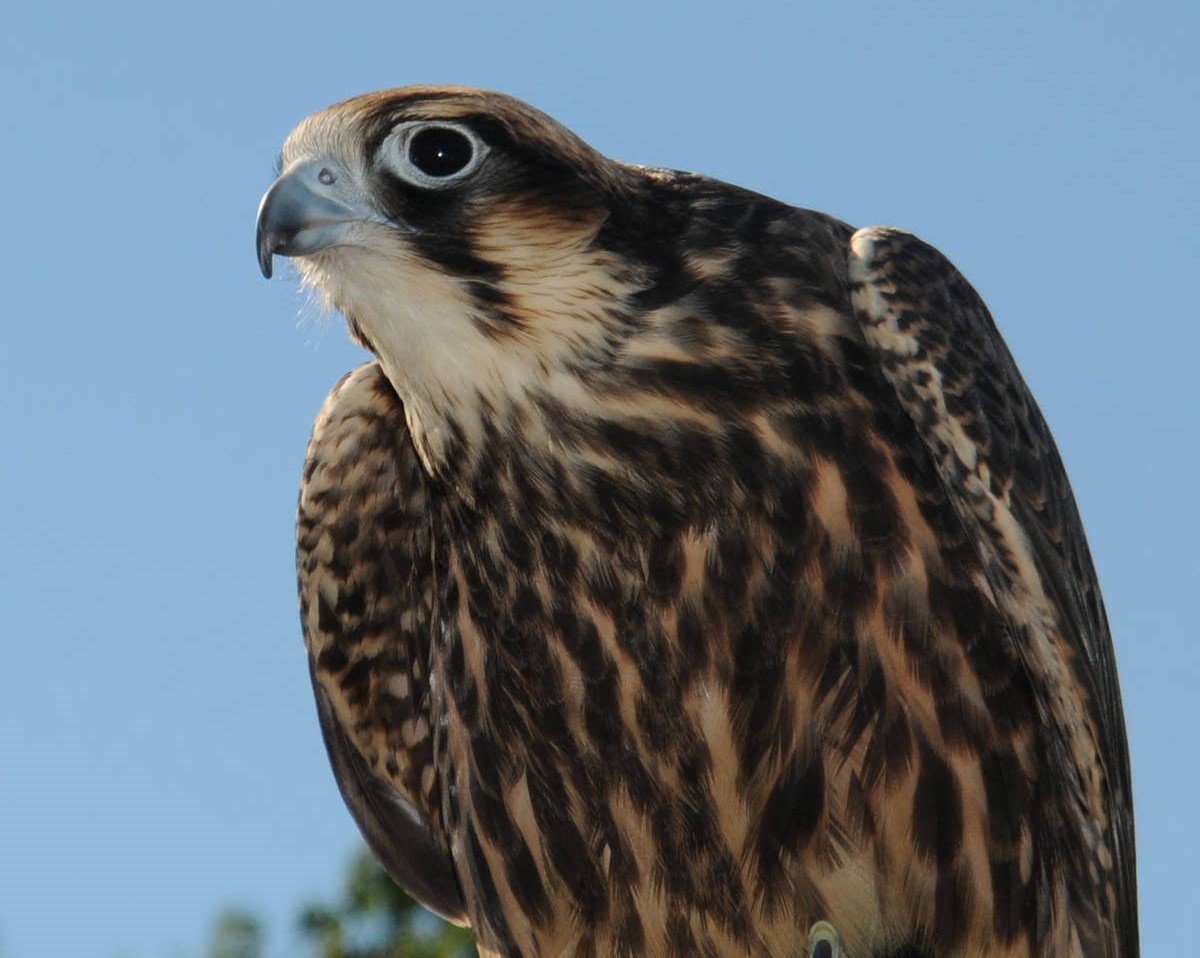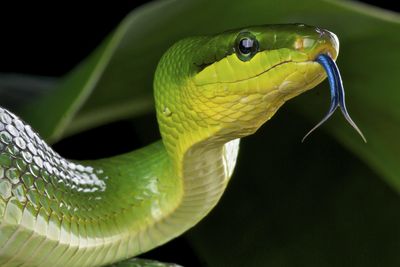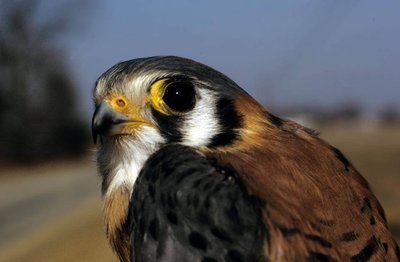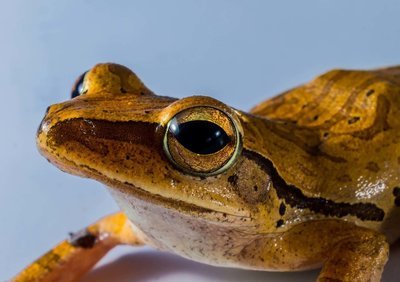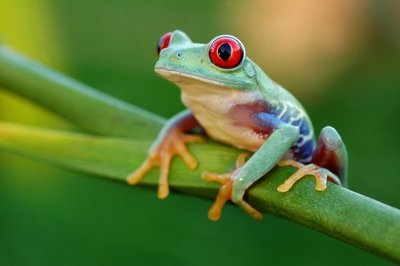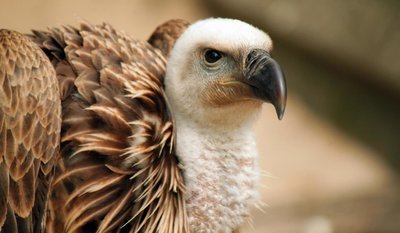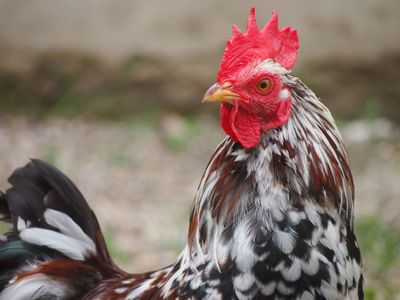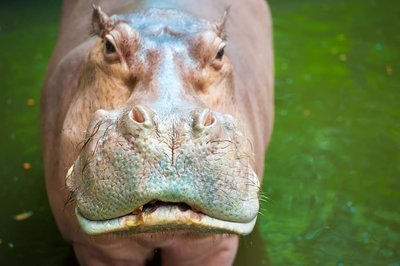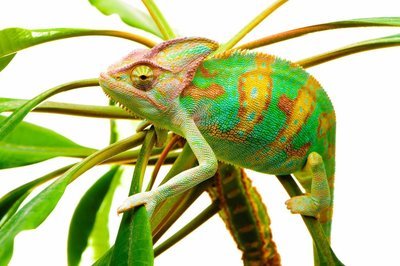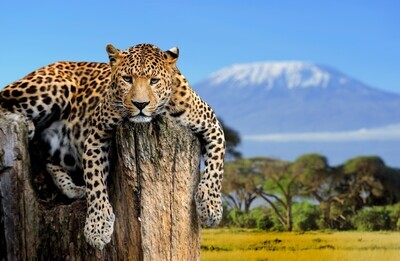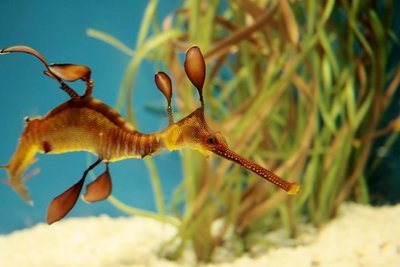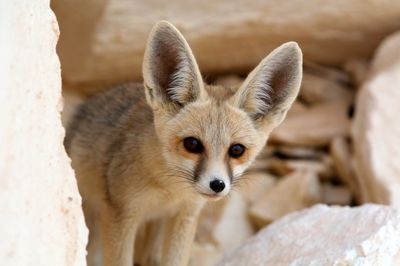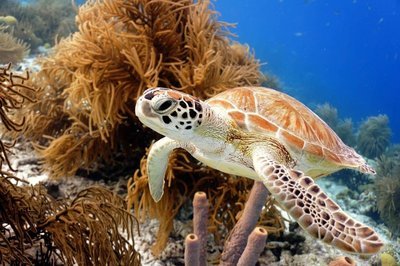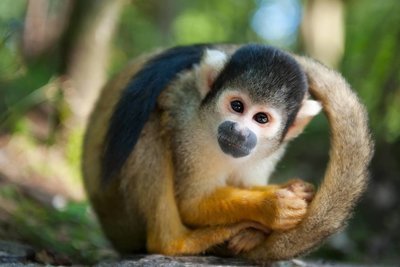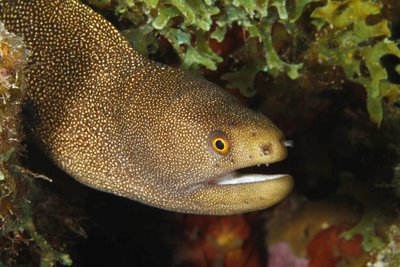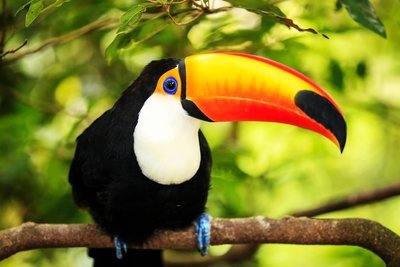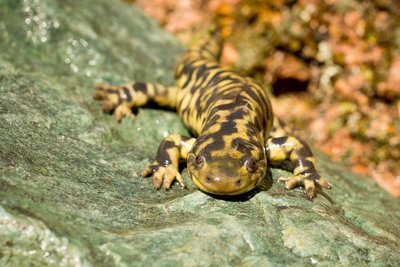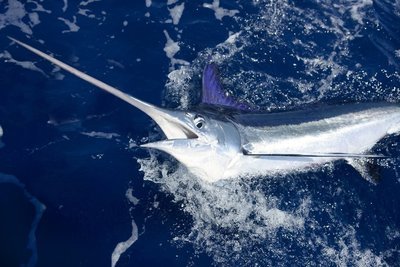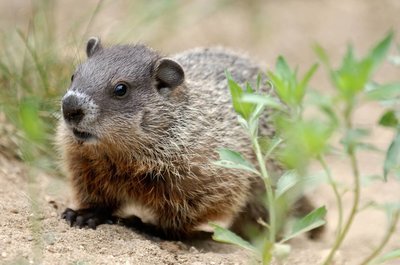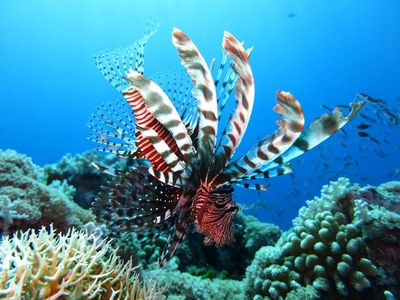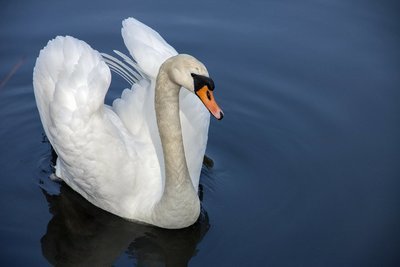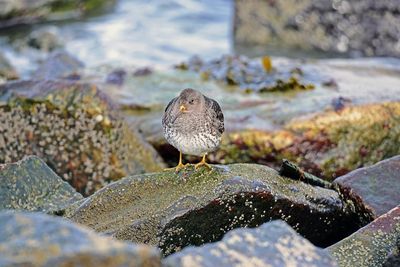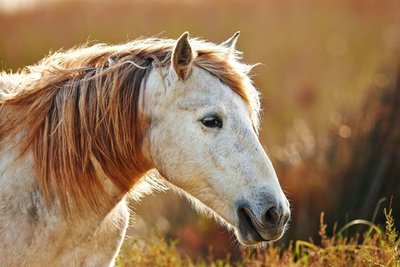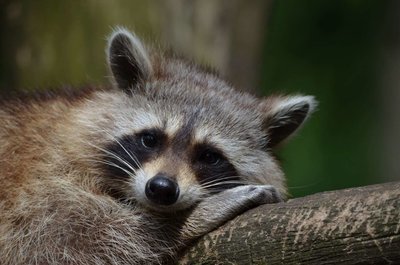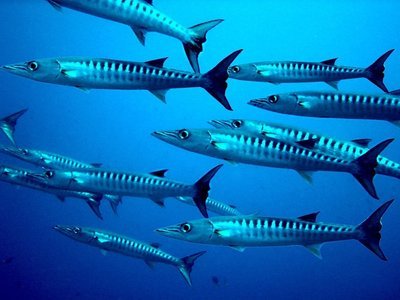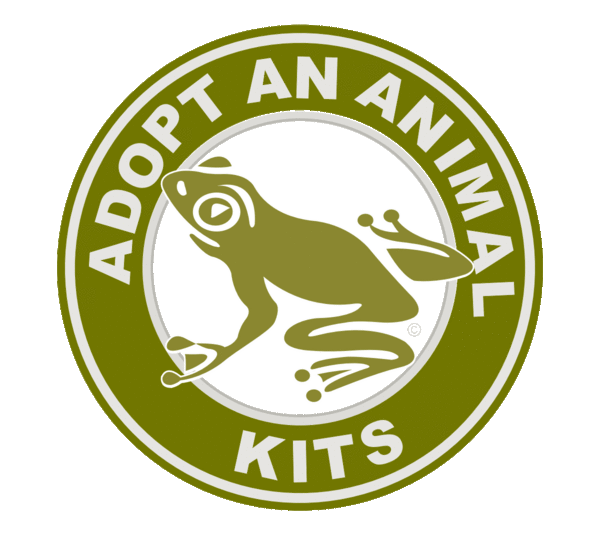

Adopt An Animal Kits
Adopt An Animal symbolically. Your Adopt An Animal Kit comes in a Deluxe Folder and includes: Glossy Photo of Your Adopted Animal; Adopt An Animal Adoption Certificate; Fact Sheet About Your Adopted Animal; Help Animals Info Cards Packed With Information On Animal Issues & How You Can Help Animals And The Environment. Adopt An Animal for Yourself or as a Gift.
Adopt A Peregrine Falcon
Adopt A Peregrine Falcon
Your Adopt A Peregrine Falcon Kit comes in a Deluxe Folder and includes:
- Glossy Photo Of Your Adopted Peregrine Falcon
- Adopt A Peregrine Falcon Adoption Certificate
- Fact Sheet About Your Adopted Peregrine Falcon
- Help Animals Info Cards Packed With Information On Animal Issues & How You Can Help Animals And The Environment
Adopt A Peregrine Falcon Kits make great gifts and can be sent directly to the recipient. Simply supply the recipient's name and mailing address as shipping information. We'll even include a letter stating the Adopt An Animal Kit is from you.
Adopt An Animal symbolic adoption is a one time fee. Adopt an animal for yourself or order an Adopt An Animal Kit as a gift. Help make a difference for animals - Adopt An Animal Today!
Adopt A Peregrine Falcon
Peregrine falcons live mostly along mountain ranges, river valleys, and coastlines, and increasingly in cities. They are widespread throughout the entire world and are found on all continents except Antarctica. Peregrines in mild-winter regions are usually permanent residents, and some birds, especially adult males, will remain on the breeding territory. However, the Arctic subspecies migrate; tundrius birds from Alaska, northern Canada and Greenland migrate to Central and South America, and all calidus birds from northern Eurasia move further south or to coasts in winter.
A falcon is any of several species of bird of the genus Falco, such as the peregrine falcon, which are raptors or birds of prey. These birds have thin, pointed wings which allow them to dive at extremely high speeds. Peregrine falcons, the fastest birds on earth, are said to have reached speeds of up to 200 mph. Other falcons include the gyrfalcon, Lanner falcon, and the Merlin. Some small insectivorous falcons with long, narrow wings are called hobbies, and some which hover as they hunt for small rodents are called kestrels. The falcons are part of the family Falconidae, which also includes the caracaras, laughing falcon, forest falcons, and falconets.
Peregrine falcons feed almost exclusively on birds, such as doves, waterfowl and songbirds, but occasionally they hunt small mammals, including bats, rats, voles and rabbits. Insects and reptiles make up a relatively small proportion of their diet. On the other hand, a growing number of city-dwelling falcons find that feral pigeons and common starlings provide plenty of food.
Peregrine falcons breed at approximately two to three years of age. They mate for life and return to the same nesting spot annually. Their courtship includes a mix of aerial acrobatics, precise spirals, and steep dives. Females lay an average of three to four eggs. Scrapes are normally made on cliff edges or, increasingly more so, on tall buildings or bridges. They occasionally nest in tree hollows or in the disused nest of other large birds. The laying date varies according to locality, but is generally from February to March. The females incubate the eggs for twenty-nine to thirty-two days at which point the eggs hatch. Thirty-five to forty-two days after hatching, the chicks will fledge, but they tend to remain dependent on their parents for a further two months. The tercel, or male, provides most of the food for himself, the female, and the chicks; the falcon, or female, stays and watches the young.
Because of their high metabolic rates, peregrine falcons must consume more food in proportion to their size than most animals. To be efficient flyers, the digestive system of birds has to be both as light as possible and as efficient as possible. The need to keep weight as low as possible also means that, except perhaps prior to migration, there is a limit to the amount of fat the peregrine falcon can store. The respiratory system is also unique; the peregrine falcon maintains a one-way flow of air so that it can breathe while flying. The peregrine falcon also has cones in its nostrils to help regulate breathing at high speeds. Its circulatory system also needs to be exceptionally strong, because flying takes lots of oxygen. A bird's heart beats much faster than the human heart does, approximately 600-900 beats per minute.
The average life span of a peregrine falcon is approximately eight to ten years, although some have been recorded to live until slightly more than twenty years of age.
THREATS TO FALCONS
The peregrine falcon became endangered because of the overuse of pesticides during the 1950s and 1960s. Pesticide build-up interfered with reproduction, thinning eggshells and severely restricting the ability of birds to reproduce. The DDT buildup in the falcon's fat tissues would result in less calcium in the eggshells, leading to flimsier, more fragile eggs. In several parts of the world, this species was wiped out by pesticides. Eggs and chicks are often targeted by thieves and collectors.
Wildlife services around the world organized peregrine falcon recovery teams to breed them in captivity. The birds were fed through a chute so they could not see the human trainers. Then, when they were old enough, the box was opened. This allowed the bird to test its wings. As the bird got stronger, the food was reduced because the bird could hunt its own food. This procedure is called hacking. To release a captive-bred falcon, the bird was placed in a special box at the top of a tower or cliff ledge. Worldwide recovery efforts have been remarkably successful.
In the United States, the banning of DDT eventually allowed released birds to breed successfully. The peregrine falcon was removed from the U.S. Threatened and Endangered Species list on August 25, 1999. In 2003, some states began issuing limited numbers of falconry permits for peregrines due to the success of the recovery program. In the UK, there has been a good recovery of populations since the 1960s.
Adopt Adopt An Animal Kits
Our Adopt An Animal Kits are educational packets that allow you to symbolically adopt a favorite animal species and contain a variety of information promoting the protection of wildlife, companion animals, farm animals and the environment. By purchasing a symbolic adoption kit you will receive a packet of information regarding daily choices you can make to help the earth and animals.
Your Adopt An Animal Kit comes in a Deluxe Folder and includes:
Glossy Photo Of Your Adopted AnimalAdopt An Animal Adoption CertificateFact Sheet About Your Adopted AnimalHelp Animals Info Cards Packed With Information On Animal Issues & How You Can Help Animals And The Environment.
Adopt an animal for yourself or order an Adopt An Animal Kit as a gift. Symbolically adopting an animal is the perfect gift for a loved one who loves animals, and helps to promote the compassionate treatment of animals and respect for the environment by offering information on how to help the earth and animals. Adopt An Animal Kits can be sent directly to the recipient: simply supply the recipient's name and mailing address as shipping information. We'll even include a letter stating the Adopt An Animal Kit is from you.
Adopt An Animal Kits is a small, independent business not affiliated with any other business, non profit or charitable organization.
Fast Shipping!
Shipping time for Adopt An Animal Kits averages 2 to 4 business days - USA. Allow additional time for Adopt An Animal Kits orders outside the USA. Your Adopt An Animal Packet will arrive approximately 2 to 4 business days following shipping date. Shipping for Adopt An Animal Kits within the USA is by U.S.P.S. Priority Mail.
INTERNATIONAL ORDERS: Average shipping time for Adopt An Animal Kits outside of the USA is 5 to 14 business days, including Canada. International Shipping & Handling for Adopt An Animal Kits is by U.S.P.S. First Class Mail.
About Us
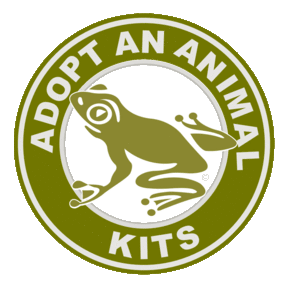
Adopt An Animal Kits, LLC
The world is teaming with an amazing diversity of animals. Some species are beautiful, others bizarre — but they all are important to the ecosystem and deserve our respect, compassion and protection. Unfortunately, many animal species are declining at a rapid rate as a result of irresponsible human activities. Habitat destruction, pollution, hunting, poor agricultural practices and changes in climate are among the threats faced by wildlife and domestic animals.
Adopt An Animal Kits, LLC is a small business who believes in promoting the advancement of compassionate living by educating the public about animal and environmental issues and what individuals can do to prevent cruelty to animals. Through our work, we strive to eliminate the prejudice of animals (speciesism) through educational efforts. Our business produces printed and printable educational materials available to individuals with an interest in earth and animal topics. Our Adopt An Animal Kits seek to educate and influence individuals on environmental and animal issues. The purchase of an Adopt An Animal Kit allows you to symbolically adopt your, or your loved one's, favorite animal species while promoting the protection of wildlife, companion animals, farm animals and the environment. Rather than adopting an indivdual animal, you are symbolicly adopting the species. Each kit contains a collection of information on how you or your loved one can make daily choices to help animals and the environment.
Our website provides an information portal regarding these issues. Information posted on the site is free of charge and available to anyone with an interest. Our printed and printable materials are available to individuals with an interest in earth and animal issues. We produce hundreds of fact sheets, flyers, and digital materials regarding environmental and animal issues. Most materials are available at no cost to anyone with an interest.
Adopt An Animal Kits, LLC is not a charitable or nonprofit organization.
